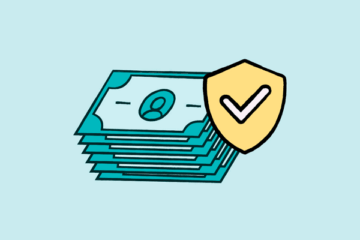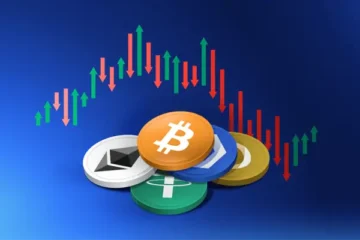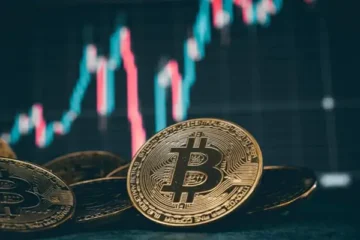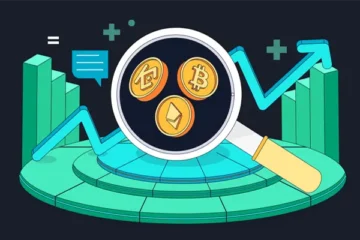The Effects of Inflation on Personal Finances
Anúncios
Inflation plays a role, in the economy by reducing the purchasing power of money directly impacting how much individuals can afford to buy. When prices increase the same amount of money can buy goods and services making it harder for people to manage their finances. Various factors like disruptions in the supply chain conflicts on the stage and shifts in consumer demand often contribute to inflation trends. Recent years have seen spikes in inflation rates due to these factors.
The effects of inflation on finances are notable. Higher inflation leads to increased costs for items such as groceries and utilities making it challenging to save for plans since savings might lose value if interest rates fail to keep up with inflation. Additionally it can affect term strategies like retirement funds and investment approaches. Individuals may need to review their habits, including budgeting and spending patterns to sustain their quality of life amid escalating prices.
Anúncios
Inflation doesn’t just impact spending; it also affects fixed expenses like mortgage payments and rent – aspects of household budgets. Therefore understanding inflation and its implications on finances is essential, for financial planning and ensuring stability in an ever changing economic environment.
Understanding Inflation
Inflation plays a role, in how we perceive the economy significantly impacting the worth of money and the overall cost of living. It’s important for people to grasp how inflation is measured and its historical patterns to effectively manage their finances. Being aware of inflation rates and trends allows individuals to make choices when it comes to budgeting, saving, investing and planning for the future.
Anúncios
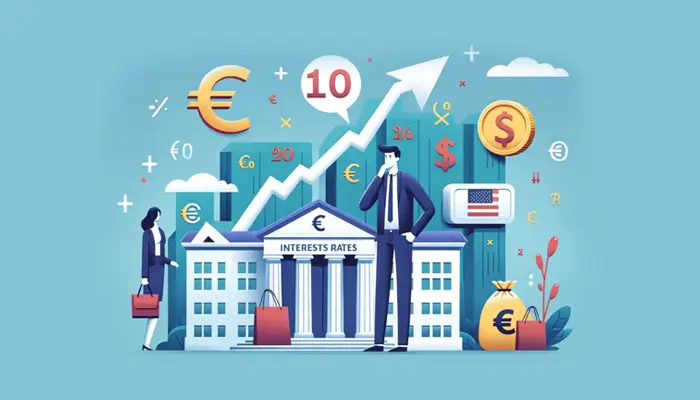
Understanding inflation gives people the knowledge to navigate changes and lessen its effects on their buying power and financial well being. Thus keeping up with inflation trends is key to maintaining stability and making financial decisions, for both immediate needs and future plans.
Concept and Measurement
Inflation refers to the increase, in the prices of goods and services leading to a decrease in purchasing power. Central banks aim to control inflation as prevent deflation to maintain economic stability. To gauge inflation the Consumer Price Index (CPI) is commonly used, monitoring the price fluctuations of a selection of goods and services, over time. For example an 8.5% inflation rate indicates that the CPI has risen by 8.5% compared to a year ago.
Historical Trends and Data
In times we’ve observed that inflation rates have shown variation, over the years. For example in March 2022 the inflation rate spiked to 8.5% indicating a surge in prices compared to the year. Looking at the picture spanning four decades inflation has experienced fluctuations influenced by factors such, as global conflicts, supply chain disruptions and changing consumer preferences. These shifts are reflected in the standing inflation graphs curated by research bodies and governmental institutions.
Inflation Impact
Inflation has an impact, on our finances affecting how much we can buy with our money the returns on investments and the actual value of our wages. As prices go up the purchasing power of our money goes down reducing the worth of our savings and disposable income. Moreover inflation can impact investment returns by lowering the value of earnings due to decreasing purchasing power from inflation.
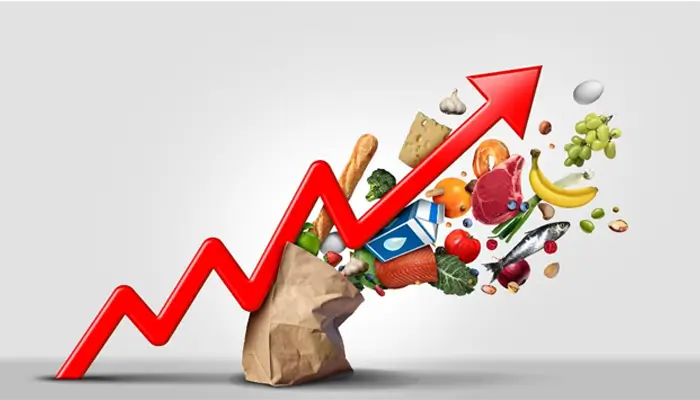
Also inflation can lower the value of wages potentially leading to a standard of living if wage increases don’t keep up with inflation. Therefore it’s important for individuals to factor in inflation when making financial choices, like budgeting, investing and negotiating salary raises to safeguard their stability and future prosperity.
Purchasing Power
Inflation diminishes the buying power of money resulting in a decrease, in the value of currency over time due to rising prices. This creates a scenario where;
- Pre Inflation: $50 is the price of a grocery basket;
- Post Inflation: The identical basket now costs $55.
As a result individuals find themselves able to purchase items, with the sum of money as previously.
Interest Rates and Investments
When inflation goes up central banks tend to increase interest rates to prevent the economy from getting too hot. This can impact finances in two ways;
- Savings Accounts: People might earn money on their savings, which’s good news, for those who like to save;
- Loans and Mortgages: On the side borrowing money becomes more costly for individuals taking out loans or mortgages.
As for investments it’s a bit complicated. Stocks may take a hit in the run due to increased operating expenses for companies. Assets such, as Treasury Inflation Protected Securities (TIPS) could stand to gain from inflation.
Wages and Employment
Inflation has effects, on wages and employment;
- Nominal Wage Raises: Companies might boost wages to cope with inflation. This doesn’t always translate to real wages;
- Decline in Real Wages: When wage hikes lag behind inflation employees actual income decreases.
Changes, in employment levels could be a result as businesses adapt to shifts possibly resulting in job reorganization or layoffs.
Personal Finance Strategies
Inflation presents a risk, to how much we can buy, prompting people to adapt their plans accordingly. Taking steps in managing money and making investment choices become crucial for maintaining financial stability in the face of rising prices. By planning budgets and prioritizing spending individuals can lessen the impact of inflation on their purchasing power. Uphold a sense of financial security.
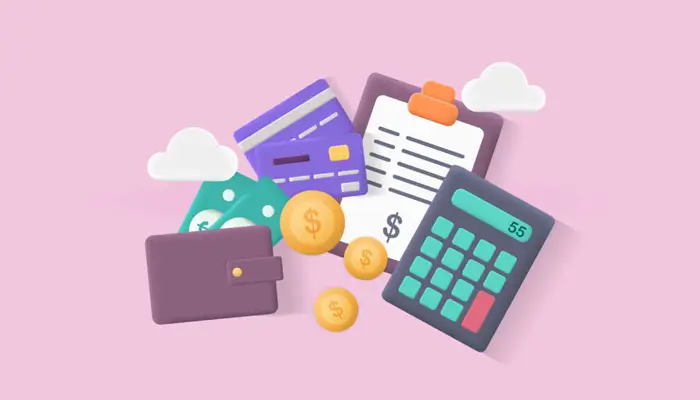
Additionally making investment moves like putting money into assets that have historically performed well against inflation can help protect wealth from diminishing over time. Diversifying investments and considering securities that guard against inflation can also act as safeguards, amid rising prices. In essence proactive financial planning and smart investment decisions are essential for individuals to tackle the challenges brought about by inflation and safeguard their health in the term.
Budgeting and Saving
Effective budgeting is fundamental. Individuals should review and adjust their budgets, prioritizing necessities and reducing discretionary spending. It’s imperative to categorize expenses and identify areas affected by inflation, such as food and energy costs. Strategies include:
- Tracking Spending: Regularly monitoring where money goes to identify potential savings.
- Emergency Fund: Building and maintaining an emergency fund equal to three to six months of living expenses.
- Smart Shopping: Seeking discounts, buying in bulk, and opting for generic brands can help stretch the dollar further.
Investing During Inflation
During times when prices are rising it’s important to make smart investment decisions to protect and increase your wealth. Consider focusing on assets that have a history of performing in periods such, as;
- Real Estate: Properties are assets that tend to keep up with inflation trends;
- Stocks: Investing in companies, with pricing power and growth potential can potentially yield returns that outpace inflation;
- Inflation Protected Securities: Treasury Inflation Protected Securities (TIPS) adjust for inflation providing a safeguard against its effects.
Diversifying your investments across asset classes can help lower risk and enhance long term investment results.
Government Policies and the Economy
Government decisions play a role, in how the economy fares especially when it comes to prices and how they affect our wallets. Governments use money and tax policies to control inflation keeping prices steady and the economy growing sustainably.. Government spending impact how much people spend overall which then affects prices and inflation rates. Central banks also play a part by adjusting interest rates and the amount of money in circulation to manage borrowing costs and keep cash flowing in the economy.
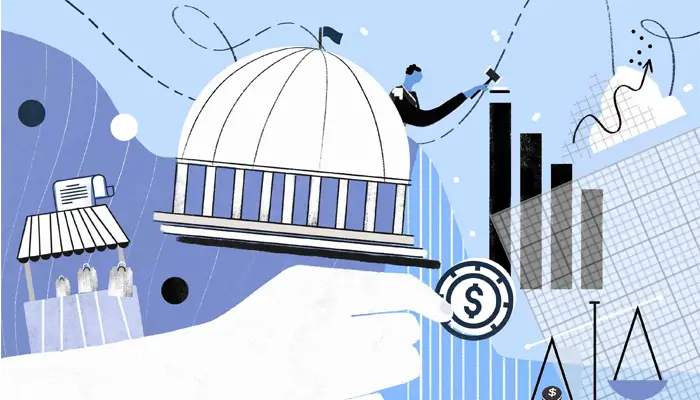
By tweaking these policies governments try to rein in rising prices or give the economy a boost when. How well these measures work directly impacts what individuals can afford to buy, save or invest in showing how important government actions are, for our well being. That’s why it’s crucial for people to understand how government decisions affect inflation so they can make money choices protect their savings and navigate ups and downs wisely.
Monetary Policy Effects
The Federal Reserve uses policy to control inflation and maintain stability. Unexpected changes, in inflation can have an impact on situations mainly because of how they can affect future monetary policies. Adjusting interest rates by the bank has an impact, on borrowing expenses and investments which can then influence prices in the economy.
- Higher interest rates typically lead to reduced spending and borrowing, thereby attempting to cool down inflationary pressures.
- Lower interest rates are used to encourage spending and investment, potentially increasing inflation if the economy is not operating near its capacity.
Fiscal Measures and Public Perception
Governments fiscal decisions, which involve spending and taxation play a role, in shaping the economy. How people perceive these measures can affect their expectations about inflation and impact activities. When the government significantly increases its spending for instance through packages there may be concerns about inflation if it causes the economy to overheat.
On the hand efforts to consolidate finances by reducing budget deficits can reassure both markets and the public calming fears of rising inflation. The publics response to policies can. Worsen or alleviate the real impact, on inflation caused by these government actions.

